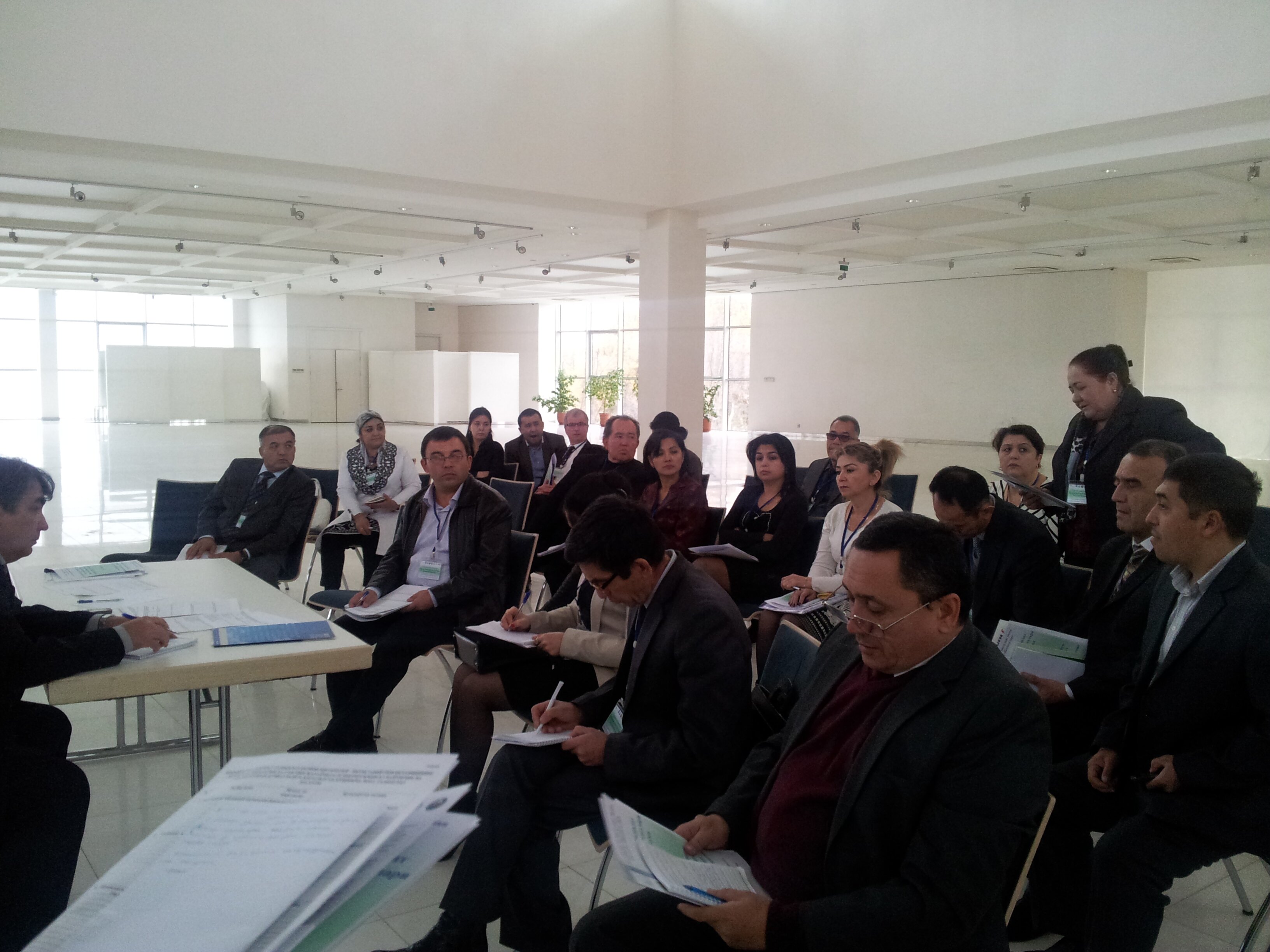Фотогалерея
Наши публикации
Национальные партнёры
Международные партнёры
Интернет опрос посетителей сайта
Elections-2016. The main principles of District Electoral Commissions

In 2014, according to the Act «On Amendments and Additions to certain articles of the Constitution of Republic of Uzbekistan (Articles 32, 78, 93, 98, 103 and 117)», dated April 16, 2014 the status of a constitutional body was given to the Central Election Commission, defined basic principles of its activity: independence, legality, collegiality, transparency and justice. These same principles have been identified by the adopted resolution of the Central Election Commission of the Republic of Uzbekistan from September 15, 2016 № 732 for district commissions in accordance with the Regulations of the electoral districts and district electoral commissions of Presidential elections of the Republic of Uzbekistan.
The principle of independence is one of the important principles of district election commissions’ activity. The effect of this principle involves conducting activities of district election commissions only under the law and without affecting any public authority. This principle is the key to ensuring objectivity in the activities of election commissions and reliability of the elections results, independence from other state bodies within its spheres of competence to organize and conduct elections, to prevent interference in the electoral commission activity. District election commission and its members carry out their activities independently of any whatsoever state bodies, public associations and officials.
The principle of legality provides for maintaining by the district election commissions of its activities in accordance with norms and requirements of the Constitution and current legislation.
The principle of collegiality means that the work of the district election commission, as well as the procedures for the adoption of a decision is taken on a consultative basis. This principle requires the Commission implementation of the tasks on the basis of collegiality. It directly affects the organizational-legal activities of the Commission through committee meetings, where decisions must be made with the participation of the majority of its members.
The principle of transparency means that the organization and activities of district election commissions should be carried out in an open and transparent manner. In particular, the Commission should post information on its composition, location, phone number in the official publications. Law enshrines that at all stages of district election commissions work, observers might be present.
The principle of justice poses district commissions need for comprehensive objective consideration of participant’s appeals of the electoral process and assigns to them responsibility for making the right decision. Especially, if the implementation of the election participants’ interests is not directly regulated by the electoral law, the district election commission should address issues based on the democratic principles of the Constitution and in terms of justice.
Each of the principles is considered a kind of legal features and differs from each other by definition of organizational and legal framework of the electoral process, as well as on level of direct impact on the electoral process.
Information service of IIMFCS




















